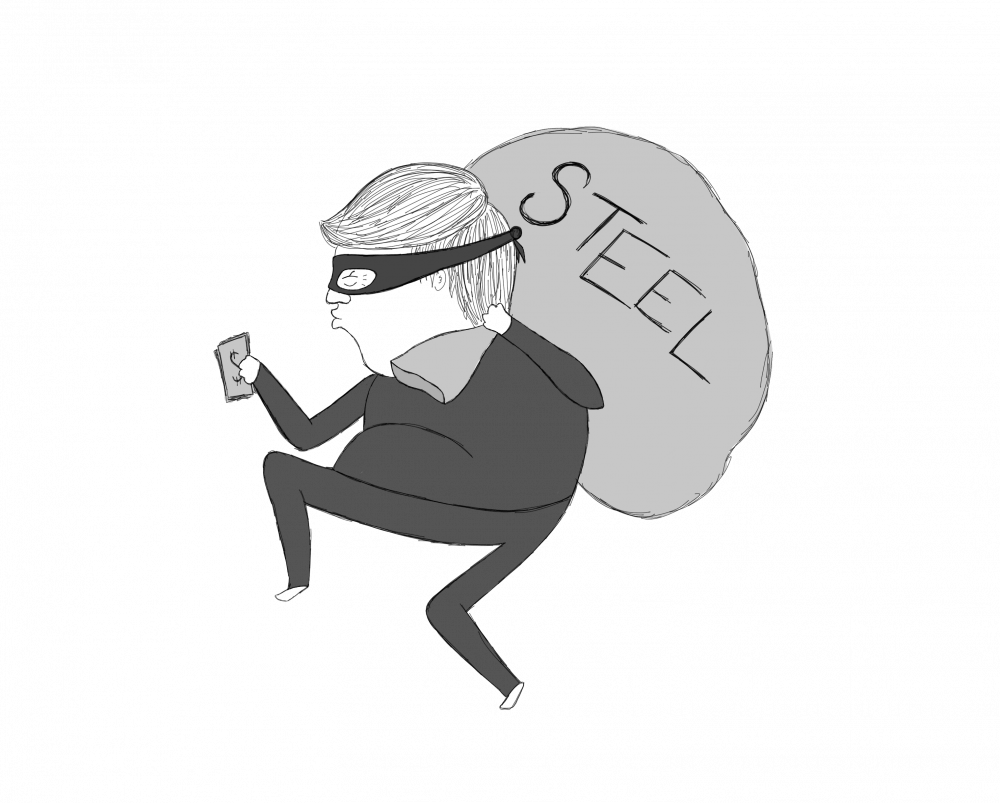In the name of protectionism, the United States government is antagonizing American consumers by imposing tariffs and quotas on foreign steel and aluminum. This ultimately hurts consumers by leading to higher costs for goods.
After increasing the costs of renewable energy by approving duties on foreign-made solar equipment, President Trump imposed tariffs and quotas on foreign steel and aluminum.
This action was done in the name of national security after an investigation by the U.S. Commerce Department, which concluded that importing steel could lead to less domestic production of steel. This could be critical in a war.
However, while the underlying intentions may be good, the tariff's effect could unfortunately be greatly damaging.
The announcement sparked a spate of tweets by the president, which weren’t only economically flawed but also illustrative of the president’s frail understanding of how global trade works.
Trump tweeted, "When a country (USA) is losing many billions of dollars on trade with virtually every country it does business with, trade wars are good and easy to win. Example when we are down $100 billion with a certain country and they get cute, don't trade anymore - we win big. It's easy!"
By decreasing trade, it’s truly easy to win the trade war — the war against American consumers. Even $100 billion of bilateral trade deficit stimulates billions of dollars of commercial activity supporting millions of domestic jobs in the U.S. and this trade deficit will be what is affected by the tariffs.
“There are only at most 150,000 Americans earning a living full time in the steel industry, but more than 6 million work in industries that depend on steel, industries likes autos and construction that would be hurt badly by steel tariffs,” wrote Allan Golombek, senior director at White House Writer’s Group, for RealClearMarkets.
Golombek rightly notes that the number of jobs dependent on cheaply imported steel largely dwarfs the number of jobs in domestic steel manufacturing. Our economy’s biggest industries depend on the imported quantities of steel. Price surges of steel and aluminum will ripple throughout the economy.
Golombek further suggests job loss in the domestic steel manufacturing industry is due to development in technology rather than cheap imports. This is because fewer people are needed to do the same amount of work.
Apart from the onslaught of criticism from economists, these tariffs have incited global backlash. These tariffs could lead to a potential retaliation from U.S. trade allies and other global players.
The European Union threatened to impose similar tariffs on imports of Kentucky Bourbon, Harley-Davidson products and blue jeans. In response, President Trump indicated he might slap tariffs on European cars. The most recent act from the EU puts hundreds more U.S. products, including orange juice, peanut butter and yachts, at risk of potential counter-tariffs.
This can go on and on with consumers becoming the real victims of this unwarranted trade war.
As depicted in a chart by Mark Perry, a scholar at the American Enterprise Institute and a professor of economics and finance at the University of Michigan, government regulation usually drives up the prices of U.S. goods and services.
The prices of goods and services under free-market forces have plummeted in the past couple of decades according to Perry's data. However, the prices of regulated counterparts have risen during the same time.
With the rise in prices of steel and aluminum, the prices of goods and services that are subjects to market forces will also escalate. Given the ubiquity of steel and aluminum, manufacturing costs of everyday products from a can of beans to an iPhone will see price hikes, which will ultimately be paid for by us, the consumers.
From all the evidence, the objective of this trade war seems elusive. Who does this benefit?
The administration appears besotted by the apparent virtues of protectionism, but they should realize that imposing high metal tariffs will not save any jobs. Rather, it instead forces American consumers to pay higher prices for the same products.




